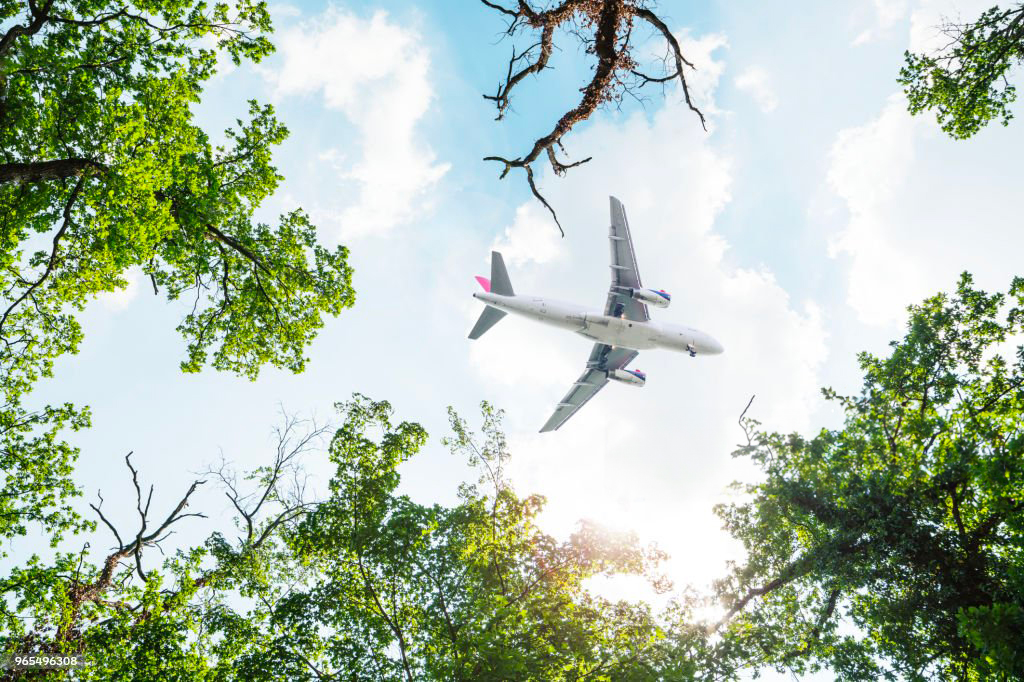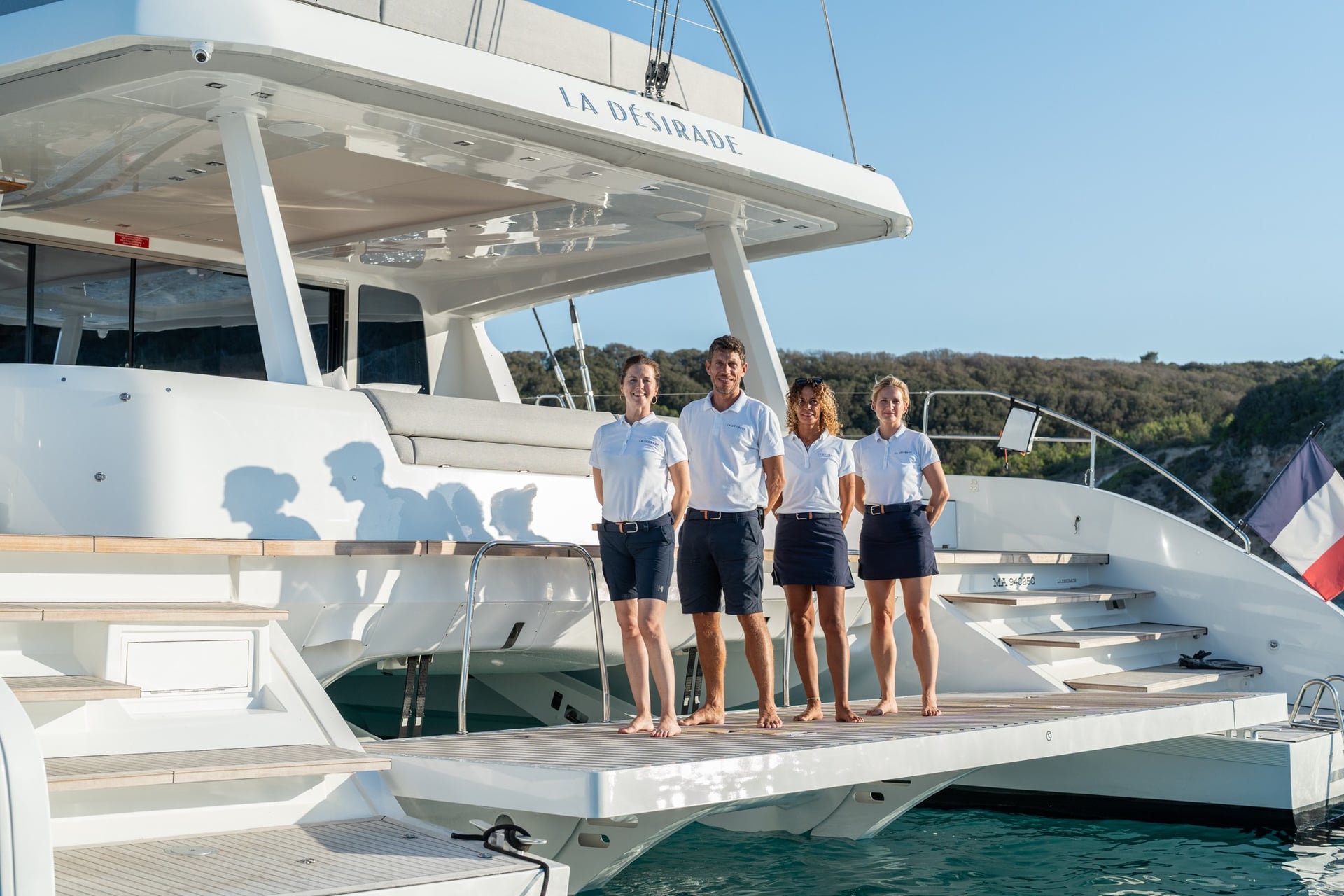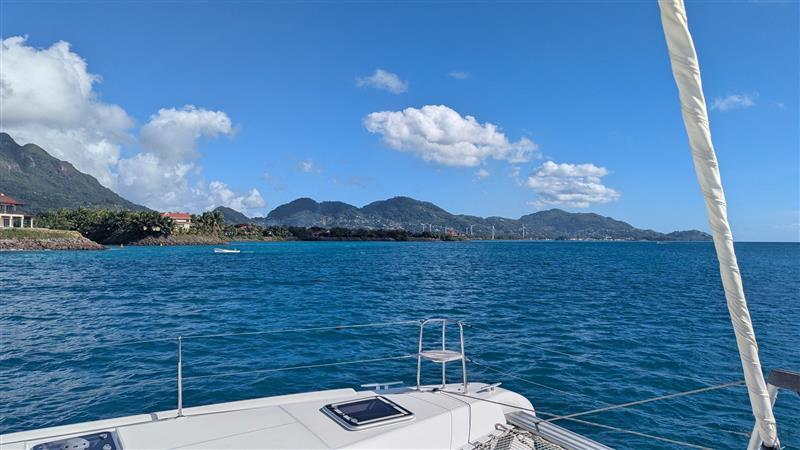The environment and our impact on global warming are huge topics that represent, arguably, the greatest challenge in human history.
How can we harmonize economy and ecology? How can we undertake, build and develop while reducing our energy consumption, waste, and CO2 emissions?
Many questions, and perhaps we’re beginning to see a glimpse of the answers, but are we ready to accept them?
Within this article, we would like to present our ideas on the topic of sustainable travel: how can we travel and discover the world, while limiting our environmental footprint?
Our approach to travel is based on a simple concept: travel less, but travel better.
Tourism accounts for approximately 10% of the world’s GDP. More than 300 million people work in tourism worldwide. Some countries and communities depend entirely on tourism to survive, develop their infrastructure, their schools, or even their hospitals. It is therefore necessary to find a balance between job-creating tourism, the environment, destinations and their populations.
According to the Department of Energy & Climate Change, tourism is responsible for 5% of global greenhouse gas (GHG) emissions. Half of these emissions are produced during passenger transport, and in particular due to air transport.
Limit your air travel
Unsurprisingly, the first rule that we can adopt is to reduce our air impact by flying less.
For trips within Europe, we recommend our travelers to prioritize train journeys rather than hiring a car. Of course, we understand that packing and provisioning for a cruise often results in a large volume of luggage, however, please note that we offer transfers from the train stations to marinas for all our departures, and that most ports are equipped with on-board grocery delivery services (so that you can order your consumables in advance and have them delivered direct to the boat upon your arrival). Feel free to ask us for advice on the logistics of your transport and arrival at the base.
For your long-haul trips, it’s difficult to take the train… We recommend that you check the carbon emissions of your flight and choose the least polluting flight. Our partner Option Way offers a carbon emissions calculator to help you make the right choice. Please note, unfortunately, it’s not always the cheapest flight! Also, where possible, choose direct flights since take-offs and landings are very energy-consuming… ☹

We predict that ‘tomorrow’s journeys’ will consist of several annual stays among nearby destinations (accessible by train or car) and every 3 to 4 years, a long-haul/more expensive trip, to meet other civilizations and experience a total change of scenery (rather than, every year, going in search of the winter sun in the tropics).
Extend the length of your stay
If we commit to flying less, we might as well stay longer!
Rather than flying three times a year for one-week stays, choose a single three-week stay! You’ll see, it’s very different to discover a country in three weeks, rather than in one!
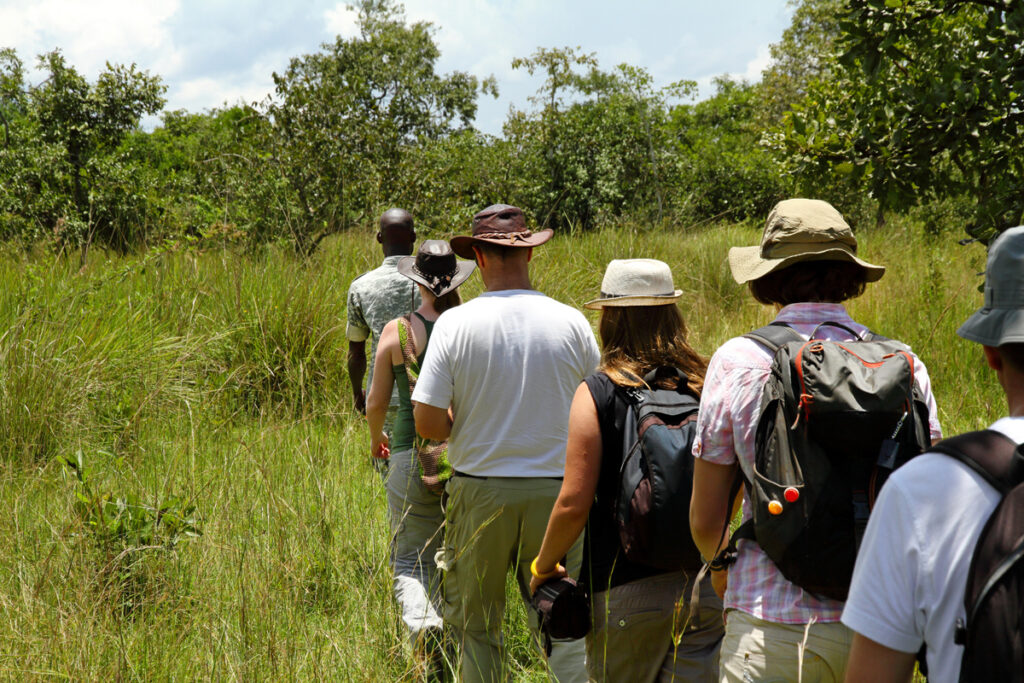
We offer ‘shore extensions’ for all of our sailing destinations, to enhance your vacation. Take the time to visit, to wander off the beaten track, to meet the locals and why not learn a little about the language of the country, their religion, their customs… There’s so many enriching moments that form the very essence of a trip. And if it’s an option for you, why not combine your stay with a bit of remote working?
Spend responsibly
During your stopovers on land, or during your trip, spend responsibly. Ensure your purchases benefit the inhabitants of the regions you’re visiting and support local businesses as much as possible.
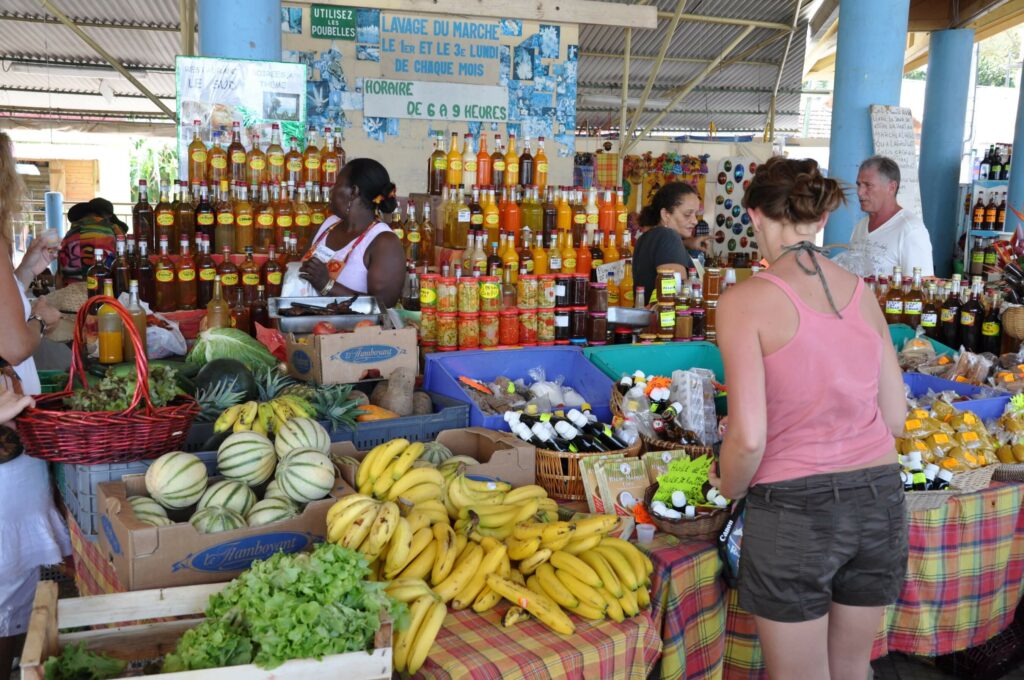
Look for local restaurants, street vendors, or retail vendors, rather than large chains of international restaurants and stores. In many parts of the world, especially coastal regions, inhabitants depend solely on tourism. Always respect the heritage of the country, so as not to harm the quality of local life.
Limit your impact while sailing
Sailing outside of the very high season and off the beaten track is also a way to reduce your ecological impact. Too many boats at anchor, for example, can be harmful to marine habitats and it is always more pleasant and safe to call at a port that is not overcrowded.
We have published an article dedicated to good ecological reflexes when sailing, click here to find out more.
So travel yes, but less (far) and better! Let’s try to reduce our cruising impact as much as possible. We hope that our efforts and vigilance will make it possible to preserve the fragile balance of our planet and its “tenants”.

